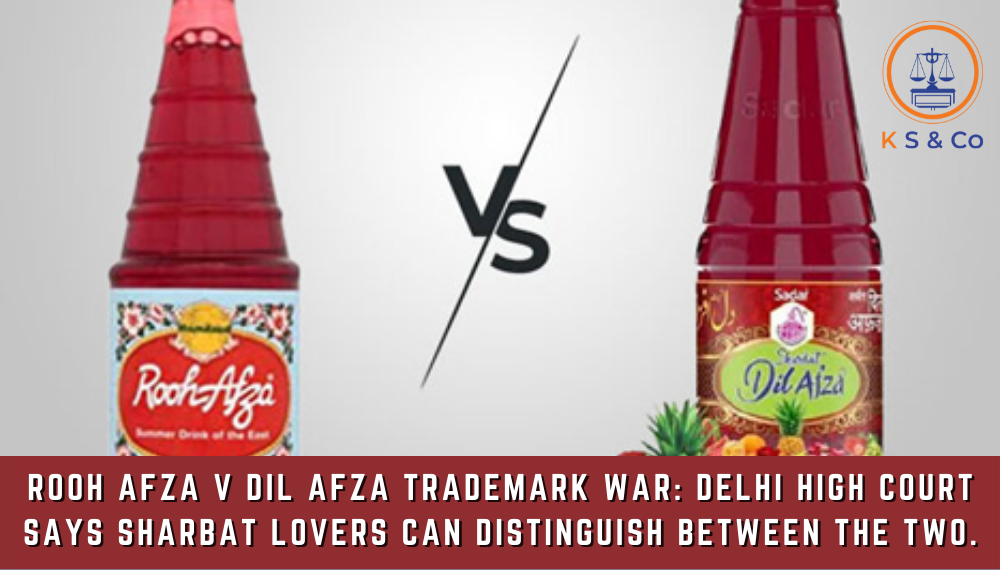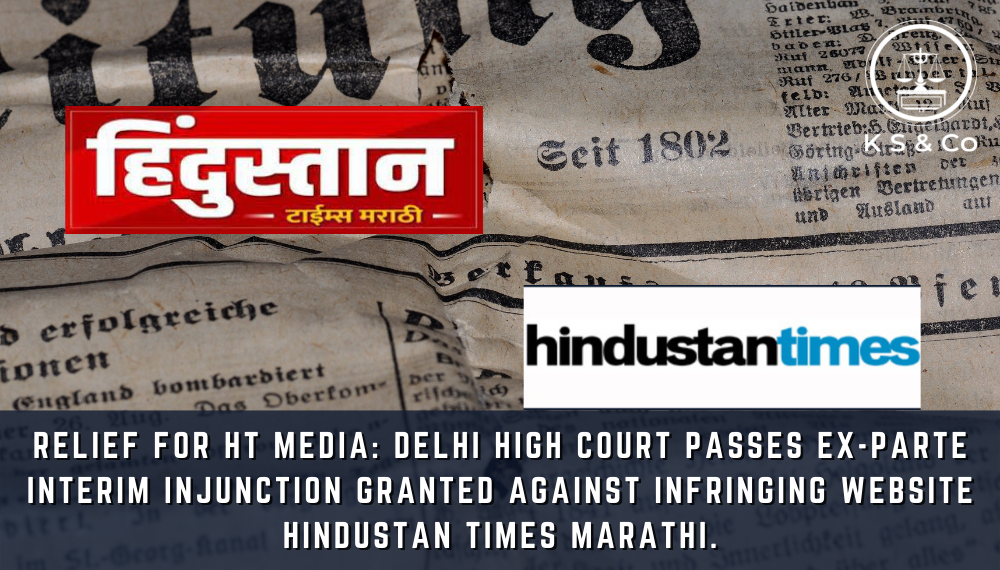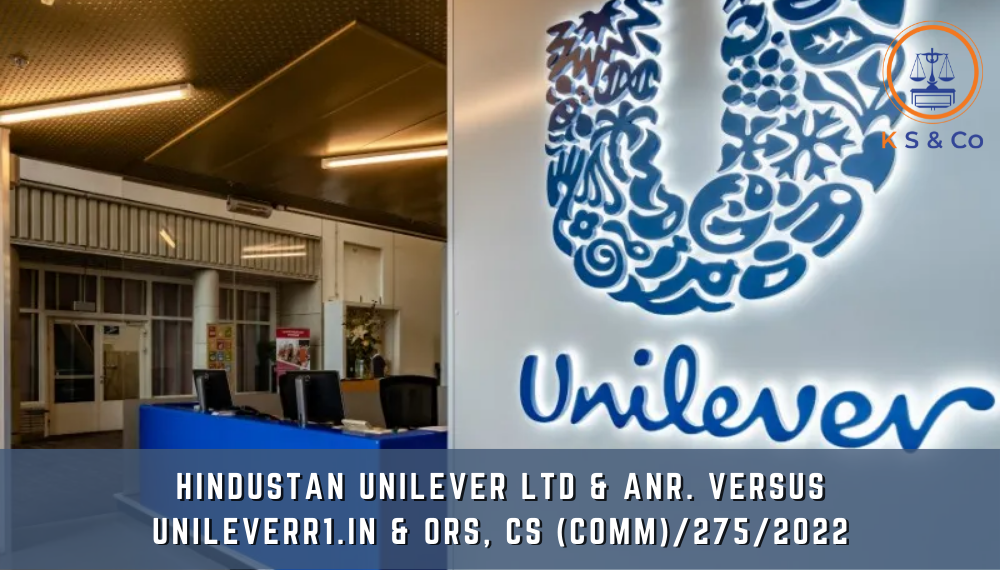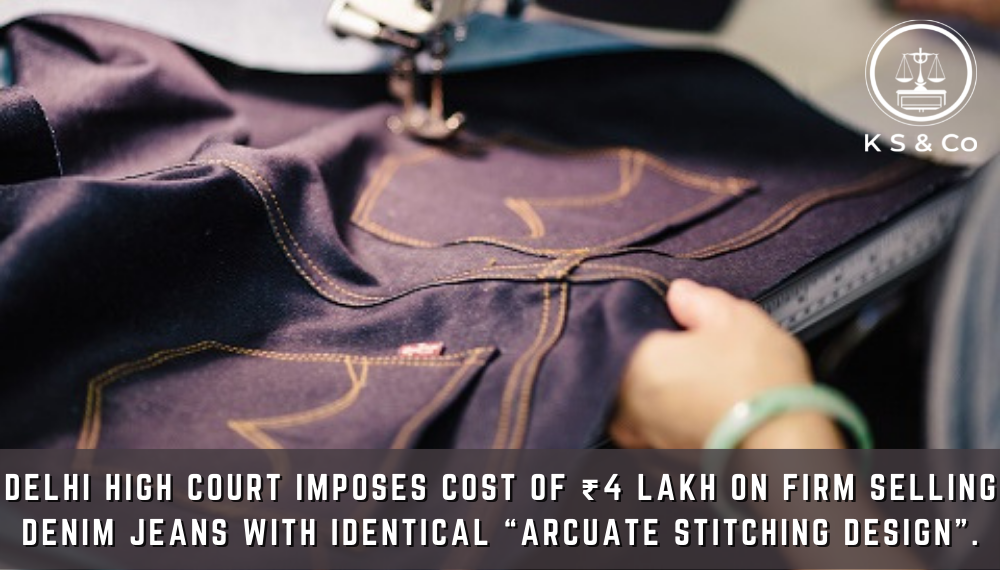Levi Strauss & Co. (Levi) has been a pioneer in denim jeans manufacture since 1873. In 1873, Levi received a patent in the United States for a “Improvement in Pocket-Opening Fastenings,” which included riveted pockets and the creation of sturdy and long-lasting work pants for working men. Levi’s trademark stitching design, called as ‘Arcuate Stitching Design,’ was adopted and utilised on all of the company’s textiles, including denim jeans.
Facts of the Case:
Imperial Online Services Private Limited (Imperial Online) was selling denim pants with the same ‘Arcuate Stitching Design’ label on the website www.urbanofashion.com and other e-commerce platforms, which displeased Levi. Levi discovered the infringing products on numerous e-commerce sites.
Imperial Online received legal notices from Levi. Following that, Imperial Online had executed undertakings as of February 16, 2021, which included acknowledging Levi’s rights in the ‘Arcuate Stitching Design’ mark and promising to cease all use of the mark and remove all goods bearing the impugned mark from circulation within six months of the date of undertakings. Despite this, Imperial Online continues to produce and sell denims using the ‘Arcuate Stitching Design’ trademark. Levi sought an interim injunction with the Delhi High Court to prevent Imperial Online from infringing on its trademark in the stitching design.
On December 2021, the Court granted Levi an ad-interim injunction, prohibiting Imperial Online from producing, selling, or offering for sale any items carrying any mark that was deceptively similar to Levi’s registered mark.
When the injunction order was placed on Imperial Online, the company filed a written statement asking for a six-month extension to dispose of the shares. However, it stated that owing to the pandemic period and lockdowns, the deadline could not be met. However, it has cleared all stock carrying the Arcuate Stitching Design Trademark and was in the process of changing its product listings across platforms to reflect its changed designs, as required by the undertaking.
Meanwhile, Levi filed a takedown request with Imperial Online for its product listings on e-commerce sites like Amazon, citing a breach of the Undertaking’s responsibilities. Imperial Online requested an extension of three weeks to complete the removal. Levi gave Imperial Online until October 2021 to stop using the Arcuate Stitching Design mark.
Levi, on the other hand, alleged that Imperial Online’s items were still accessible on numerous e-commerce platforms, claiming that this was a violation of Imperial Online’s undertakings and the ad-interim injunction imposed by the Court at a previous date, and that it was therefore guilty of contempt.
Imperial Online, on the other hand, stated that it was ready to accept the permanent injunction and that it had no intention of making or selling fabrics or clothing with the Levi’s ‘Arcuate Stitching Design’ logo. It did, however, oppose to Levi’s claim for 8.5 lakhs in legal costs and damages.
Judgment:
The Court decided whether a stitching pattern, which was not a product design but rather a pattern, incorporated into Levi’s products, served as a trademark in the sense of linking the jeans with Levi? The Court reached a favorable conclusion after consideration. The trademark owner’s stitching pattern, even in the absence of a corresponding name or emblem, uniquely recognized the jeans as coming from Levi; the Court held that the design achieved its purpose as a trademark.
Based on the following circumstances, the Court concluded that the ‘Arcuate Stitching Design’ mark had acquired a secondary meaning after examining all of Levis’ representations and various precedents cited by Levis:
Since the company’s first pair of jeans in 1873, the Stitching Design label has appeared on Levi’s jeans, slacks, and trousers.
In the United States, the first trademark registration for the ‘Arcuate Stitching Design’ mark was awarded in 1943.
Levi has registered the mark as a trademark in various countries since then.
The mark is also a class 25 registered trademark in India.
The Court was glad to rule in Levi’s favour and award minimal costs of Rs. 4 lakhs to put the case to a close as quickly as possible. In addition, a declaration certifying the mark to be “well-known” was passed. All e-commerce platforms have been instructed to delete the photos bearing the Levi’s mark from their websites and to stop selling any clothes with the ‘Arcuate Stitching Design’ logo on their platforms.
K&S Comment:
This judgment is significant in India’s recognition and protection of non-traditional trademarks, and it will undoubtedly be cited in future cases involving similar issues.









Leave a Reply